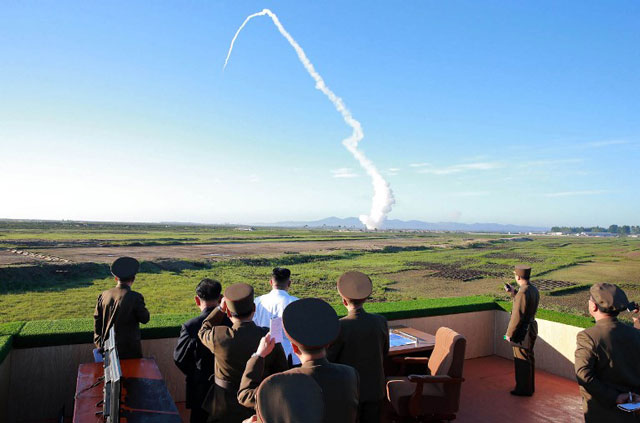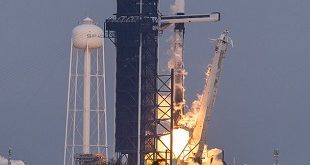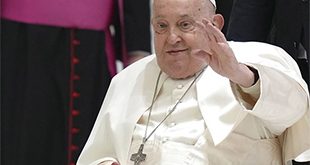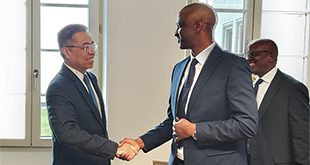
Seoul, South Korea | AFP | North Korean leader Kim Jong Un has declared an end to the nuclear and intercontinental ballistic missile tests that sent tensions soaring on the peninsula, in the region, and beyond.
The move, enshrined in a decision by the ruling Workers’ Party, comes ahead of a summit with the South’s President Moon Jae-in next week, and with a much-anticipated meeting with US President Donald Trump due later.
But it is only one step in a complicated sequence of moves that has a long way to play out. Here are some questions and answers on the latest developments.
– Does this mean Kim will give up his arsenal? –
Not in the slightest. Kim explicitly said that the possession of nuclear weapons was “the firm guarantee by which our descendants can enjoy the most dignified and happiest life in the world”.
The North also reserved itself the right to use atomic weapons if there were “nuclear threats and nuclear provocations” against it — a threshold that falls short of an attack.
“I don’t see how North Korean statement constitutes a step toward denuclearisation,” tweeted Christopher Green of the International Crisis Group. “It is a moratorium on testing, but recommits North Korea to nuclear weapons status.”
– Why is this announcement being made now? –
Pyongyang’s declaration comes less than a week before the inter-Korean summit, and it has been on a charm offensive for months with the South’s Winter Olympics triggering a diplomatic rapprochement on the peninsula.
Kim first declared the completion of the country’s nuclear force at the beginning of this year, and the North appears to believe last year’s technological advances put it into a position of strength from which to negotiate.
At the same time analysts say it has been rattled by the belligerent rhetoric of the Trump administration, and according to diplomats sanctions are having an increasing impact on the economy.
The declaration of an end to testing has long been demanded by Washington, and will be seen as a confidence-building measure ahead of the talks.
Jon Wolfsthal, director of the Nuclear Crisis Group, said: “The DPRK is really eager both to ensure the summit happens and, if it fails, to build the case now that they bent over backwards to be reasonable.”
– Will there be a deal? –
Trump warned last week that he would call off the Kim summit if it was unlikely to prove “fruitful”.
But what an ultimate deal over Pyongyang’s nuclear weapons might look like, and what it will demand in the form of security guarantees, remains deeply unclear.
And we have been here before — there have been declarations of a moratorium on testing, negotiations and even agreements in the past, but they have ultimately foundered sooner or later.
 The Independent Uganda: You get the Truth we Pay the Price
The Independent Uganda: You get the Truth we Pay the Price


